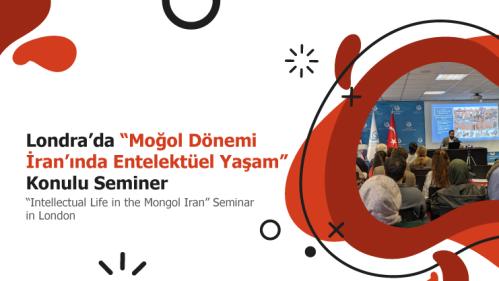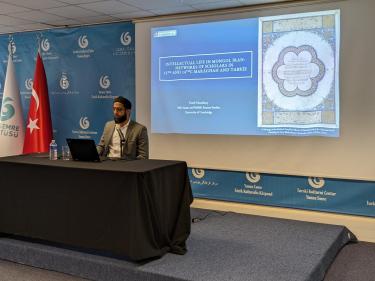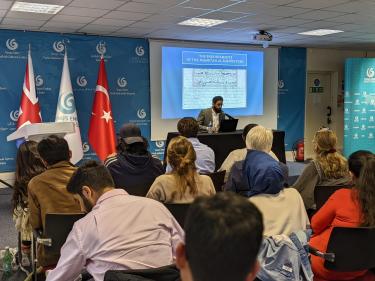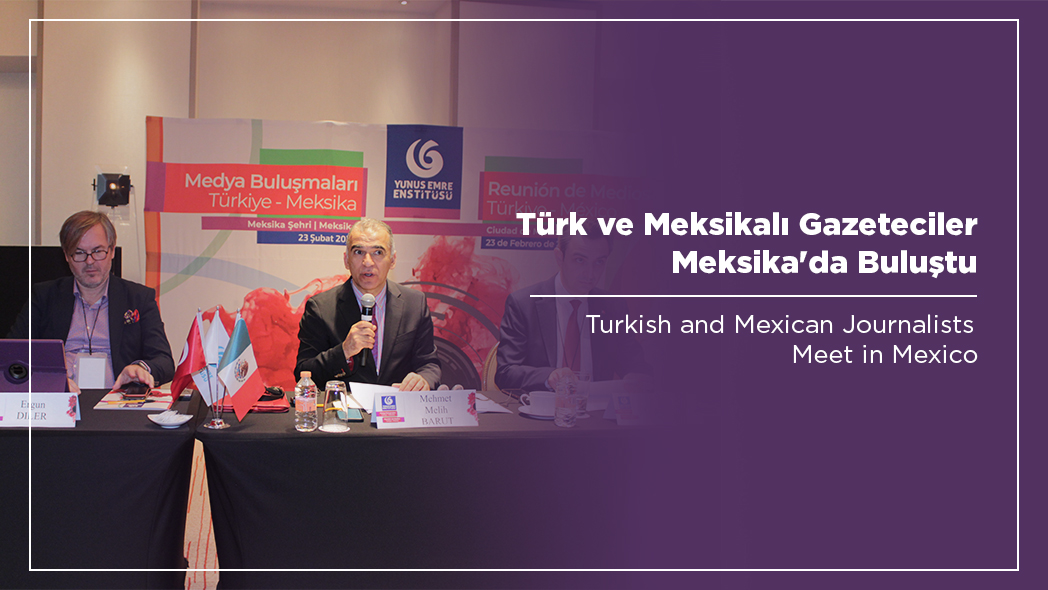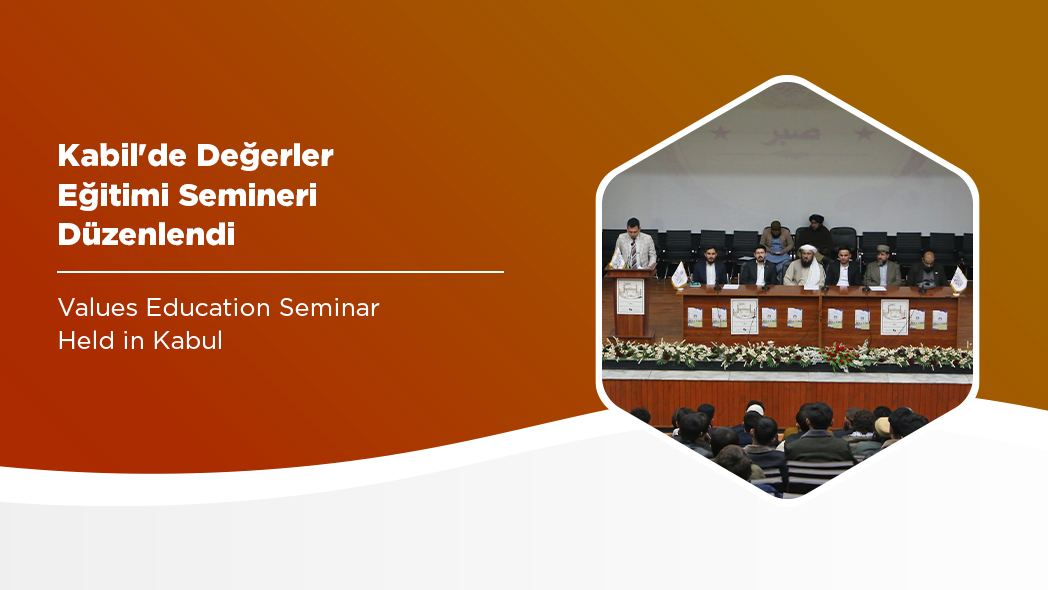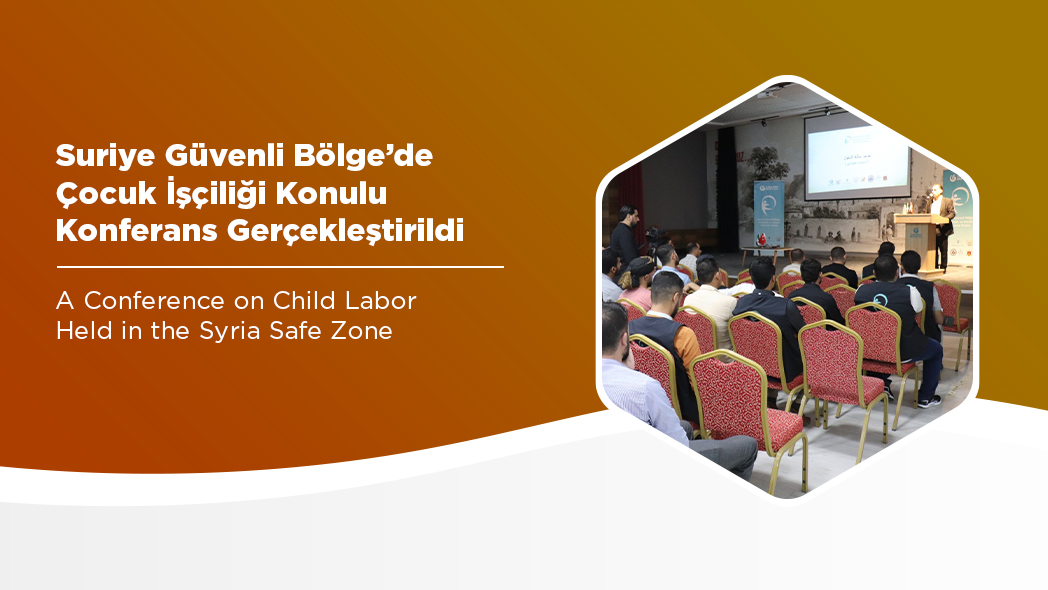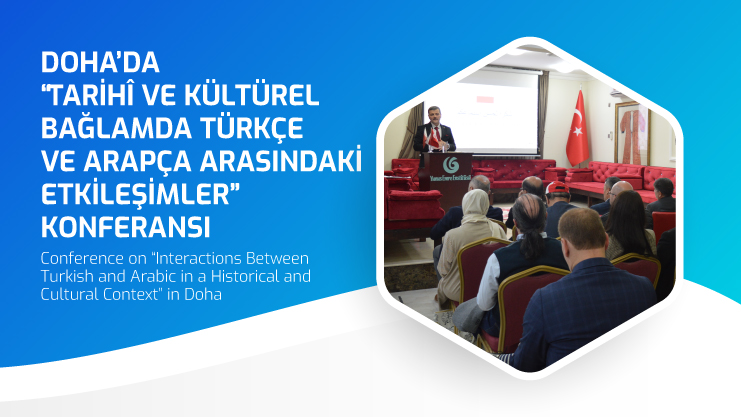“Intellectual Life in the Mongol Iran’’ Seminar in London
London Yunus Emre Institute hosted Cambridge University doctoral student Yusuf Chaudhary, who addressed the topic of Intellectual Life in the Mongol Iran in the 20th part of Young Academics Seminar Series. In the program held on Tuesday, May 24, 2022, Chaudhary made a presentation examining the intellectual circle among scholars who lived in the cities of Maraga and Tabriz in Mongolian Iran in the 13th and 14th centuries. The presentation made by Cambridge University doctoral student Yusuf Chaudhary aroused great interest in the participants.
CULTURAL AND INTELLECTUAL LEAP IN THE MONGOL ERA
Contrary to the widespread narrative believed to have passed with intellectual decline and stagnation, the centuries when the Mongols were active in the Eastern Islamic world passed into history as a period when the cultural and intellectual exchange of ideas was at its peak. As scholars gathered in the emerging intellectual centers of Maraga and Tabriz, a new phase had begun in the history of Islamic philosophy saw a synthesis of Avicenna’s philosophy, Ash’ari theology, and Ibn ‘Arabi’s mystical metaphysics in Mongol era Iran and Anatolia. This new intellectual center, which developed under the auspices of Mongol rulers and Iranian rulers, led many scholars such as Nasir al-Din al-Tusi, Kutbüddin eş-Şîrâzî, Kadı Beyzavi, Allâme el-Hilli to research in philosophy and theology. However, many of the works produced during this period that have received little attention from contemporary historians are waiting to be discovered in the manuscript archives.
“FROM BLOOD RED TO INK BLACK’’
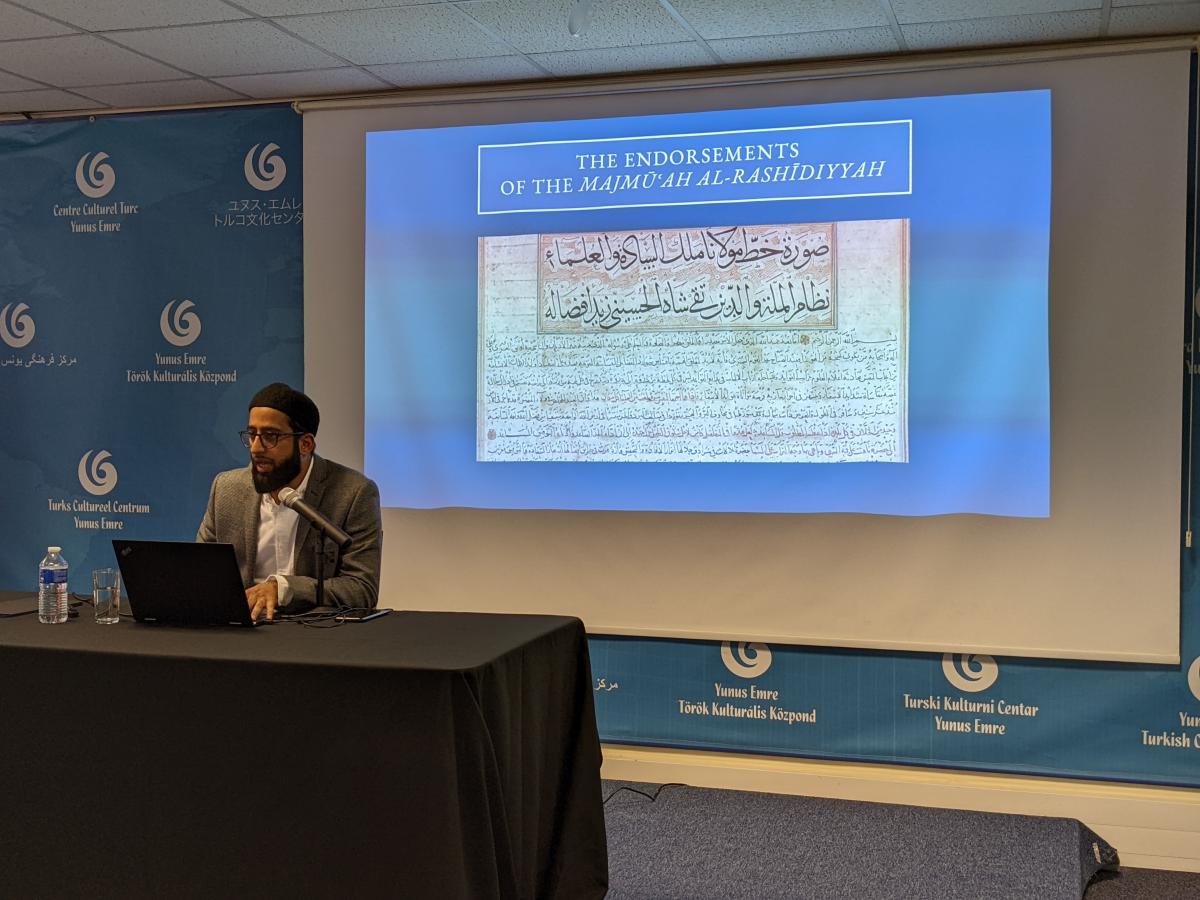
In his speech titled “Intellectual Life in the Mongol Iran: The Circle of Scholars in 13th and 14th Century Maraga and Tabriz’’, Yusuf Chaudhary explained the intellectual relations in the cities of Maraga and Tabriz and works written at that time, through the Arabic biography dictionary written by the Mongolian historian İbnü’l-Fuvaṭī. This dictionary, which has been little studied to date, presents sections from the intellectual life in the Mongolian Ilkhanate State through the eyes of one of the most active scholars of that era. The dictionary also sheds light on how these two cities turned into interesting centers, where the scholars living at that time wanted to settle there and obtain administrative positions and have a closer relationship with the local people.
In this part of the talk series, Chaudhary explained in the historical context that during the days of the Mongol invasion, the rivers of Tabriz flowed in two different colors besides blue: “The blood red of the invasion and the ink black of the manuscripts that were scattered as a result of the destruction of libraries...’’ Chaudhary, who approached the history of Mongol era Iran from an inclusive point of view, began his speech by addressing a centuries-old legend. Chaudhary, without denying the great destruction caused by the Mongol State talked about the connected development of the intellectual life in the cities of Maraga and Tabriz. In the following parts, the speaker examined the Mongol Empire within the framework of Islamic intellectual history and presented detailed analyzes on the Islamization process at that time, Islamic theological developments, the relationship between Muslim scholars and Ilkhanate, and intellectual interaction in the East.
MORE RESEARCH NEEDS TO BE DONE TO ENLIGHTEN THE PERIOD
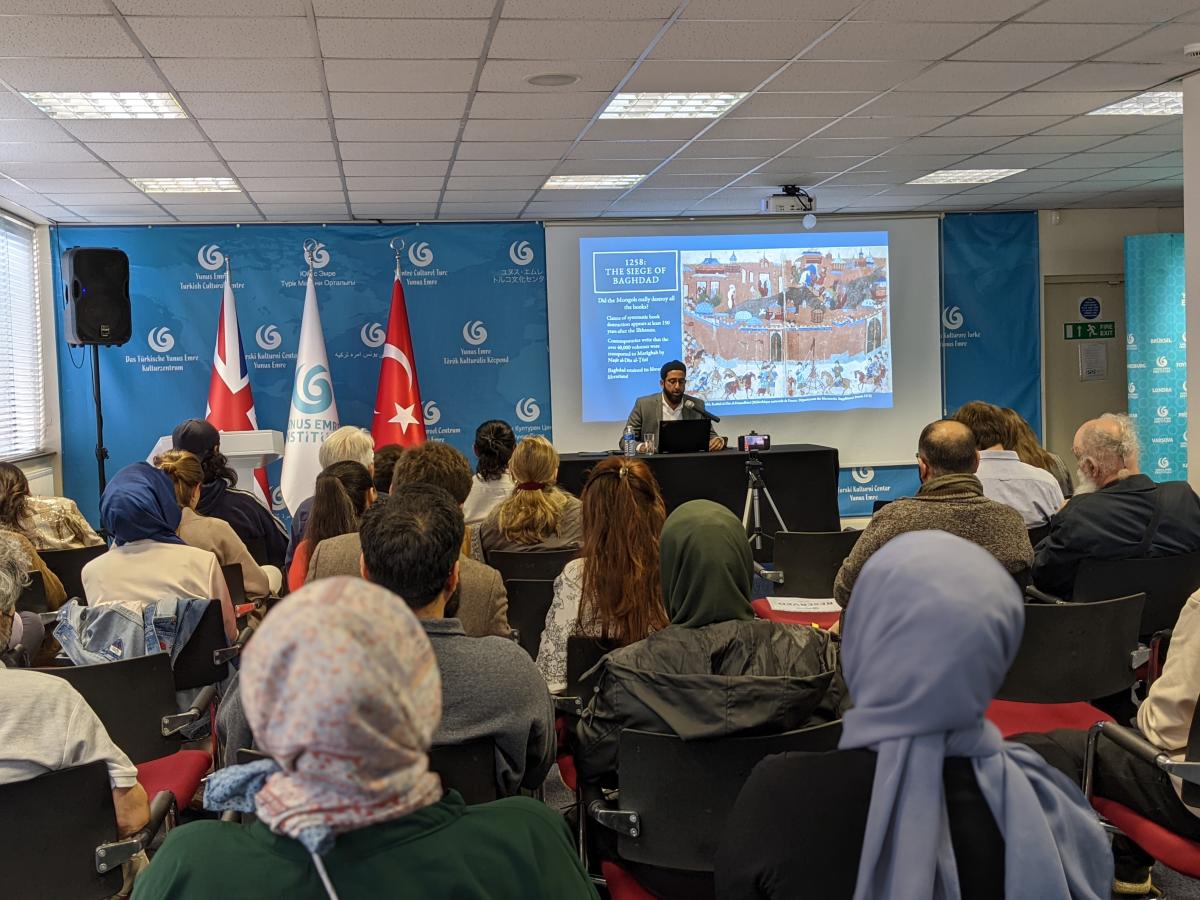
Chaudhary concluded his speech by emphasizing that there has been limited research on the subject of the study and that more comprehensive academic research should be done on this subject. Expressing their satisfaction after the speech, the participants stressed that they found Chaudhary’s speech very interesting and would follow his future works.
London Yunus Emre Institute once again experienced the proper pride of addressing a wide range of academics by bringing together academics from different fields such as immunology and travelogues of 13th century Arab travelers with the Young Academicians Seminar Series. The common denominator of the 20 sessions held in different fields is to ensure that this month’s speaker of the series, Chaudhary and many valuable young academics like him, who carry their research to this platform with great passion and will also leave great traces in the future, are recognized and their researches reach wider audiences.
The program ended with a question-answer session where the participants asked many questions to Chaudhary.
ABOUT YUSUF CHAUDHARY
Yusuf Chaudhary continues his doctoral studies at Cambridge University, Faculty of Asian and Middle Eastern Studies. After graduating from History at SOAS, he completed his master’s degree in Classical Islamic History from Cambridge University on the theological works of Ilkhanid Vizier Rashid al-Din Hamadani. Chaudhary’s main research interests are the intellectual history of late medieval Islam, the interaction of the Mongols with the Islamic world, and the Islamization of the Mongols.
A PROGRAM BRINGING EXTRAORDINARY GRADUATE PROJECTS TO THE MASSES
This event is a part of Young Academicians Seminar Series, which was established in 2017 and aims to be an international and multi-disciplinary knowledge sharing platform. Each seminar allows a graduate student who has shown extraordinary achievements to present their research on a global or Turkish-related topic to the British community. Thus, this long-running project provides anyone interested in the topic of the seminar, expert, or simply curious the opportunity to communicate with the academic leaders of tomorrow.
The interview can be watched on Yunus Emre Institute London’s Youtube Channel @yeelondra. You can visit London Yunus Emre Institute’s website at this link https://yeelondon.org.uk/or follow their social media accounts @yeelondra to follow the updates on the Young Academics Seminar Series.

